|
Our 2023 Convention offered eight excellent presentations on diverse topics to choose from for our two morning sessions.
Sessions were NOT recorded.
Session I
2.0 CE Credits all courses
8:30 -10:30 a.m. PT
Ripped from the Headlines: Ethical Mistakes You Should Avoid Course Level: Intermediate
This workshop may be counted toward the ethics requirement mandated every two years for license renewal.
We will go through real-life reported decisions of the Board of Psychology, taken from its quarterly Journal, and evaluate ethical mistakes made by California Psychologists by applying the APA's Ethics Code to each fact pattern. We will also talk about the ways to avoid the ethical pitfalls that the sanctioned Psychologists made.
Attendees will be able to:
1. Review real-world ethical mistakes made by Psychologists, and analyze the APA Ethics Code sections that were not followed.
2. Compare more appropriate courses of conduct to the sanctioned conduct reported by the Board of Psychology.
Outline:
1. Introduction (by LACPA representative) 3 min.
2. Introduction to the materials 5 min.
a) case fact patterns taken from the Reports of the Board of Psychology for 2022 and 2023
b) APA's Ethics Code, Forensic Code of Ethics, Child Custody Code of Ethics
3. Case Studies 1, 2, 3, 4, 5, and 6 15 min. each for a total of 90 minutes
a) Facts
b) Identifying Potential Fact Violations
c) Citing the Rules Potentially Violated
d) Analyzing the Violation
e) Reaching Conclusion
f) Alternative conduct designed to avoid the "Pitfall"
4. Questions / Comments / Hypotheticals from the Audience 15 min.
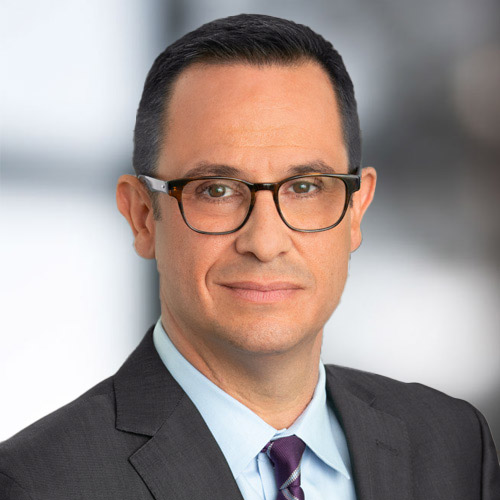
David J. Glass, JD, Ph.D. has worked as a therapist and as a divorce attorney in a career spanning over two decades. He concentrates his law practice on high-stakes custody litigation. He is Chair of the Board for the Alzheimer’s Association, the Editor of The Los Angeles Psychologist, and has appeared on Good Morning America, NBC News, and AP News. His book, Moving On was an Amazon bestseller, and he hosts TheHourGLASSPodcast.
Mechanisms of Change: Course Level: Intermediate
Does Psychoanalysis have Relevance to Contemporary Practices?
THIS SESSION IS SOLD OUT AS OF 10/13/23
In a dialogue between psychoanalytic (British Object Relations) and contemporary (e.g., CBT, ACT) approaches, we target mechanisms of change. The comparative emphasis here moves towards transdiagnostic and dimensional models, and this dialogue between a senior psychoanalyst and recently minted clinical psychologist explores how mechanisms of change can be utilized across psychological theories.
Attendees will be able to:
1. Define the role of transdiagnostic models in modern psychological treatment.
2. Describe three processes of change shared by traditional and contemporary approaches.
3. Discuss how traditional and contemporary approaches seek to address processes of change.
Course Outline
- Opening Introduction (5 min)
- Introduction to transdiagnostic treatment (10 min)
- What is psychoanalysis (15 min)
- What is CBT (15 min)
- Identifying Common mechanisms (45 min)
- Case Study 1
- Case Study 2
- Implications (10 min)
- Q &A (20 min)
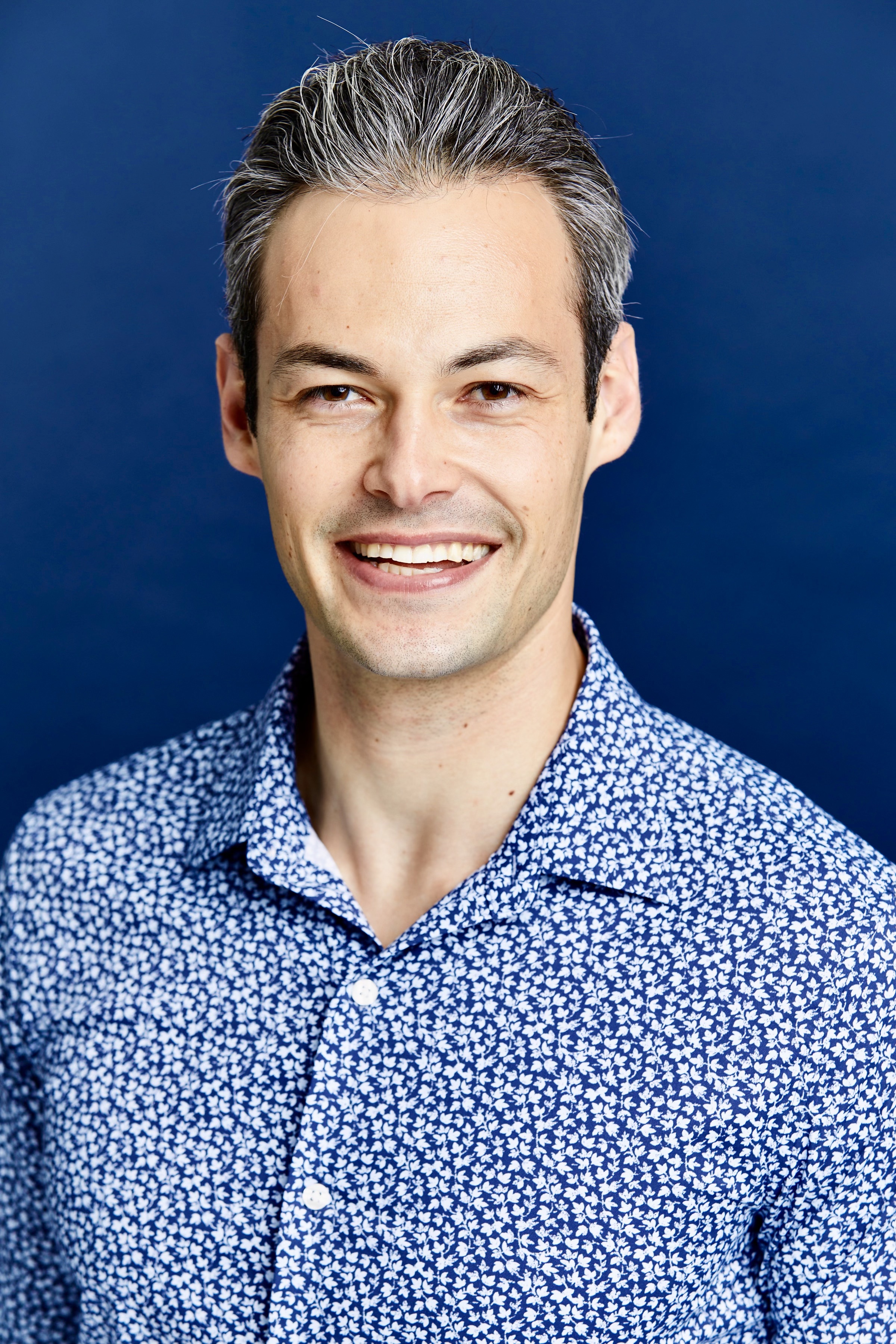
Jonathan Westman, Ph.D. is the founder of Cypress Mental Health, a private practice in Beverly Hills which provides evidence-based treatments to adolescents and young adults. He has specialized training in mindfulness-based and behavioral sleep interventions and is currently a Lecturer in the UCLA Psychology Department.
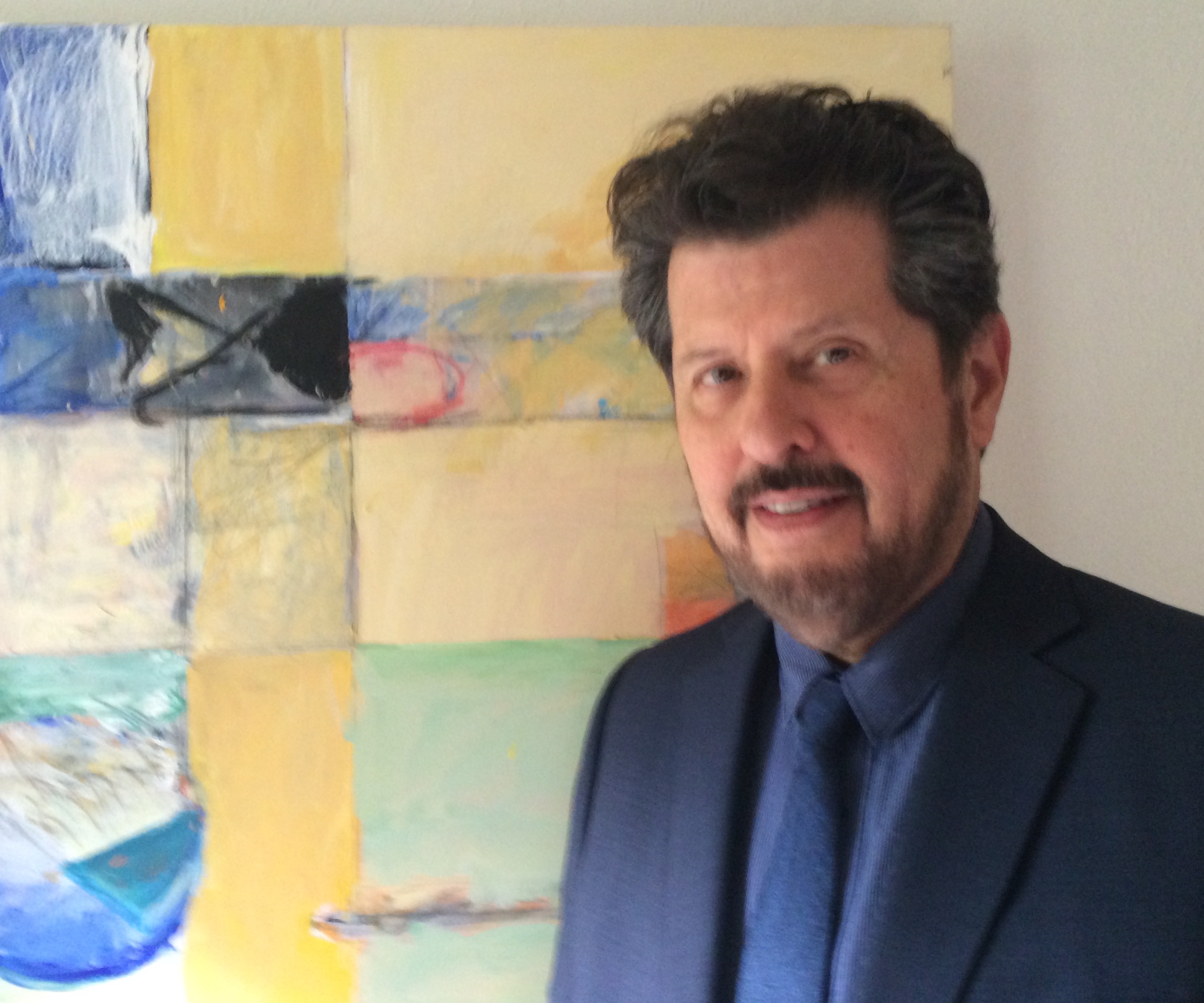
Joseph Aguayo, Ph.D. is a Training and Supervising Analyst at the Psychoanalytic Center of California, a Guest Member of the British Psychoanalytical Society. He holds PhDs in both Clinical Psychology and European History from UCLA. His latest book is: Introducing the Clinical Work of W.R. Bion (Routledge, 2023).
Relational, Regulation and Resiliency Informed Pediatric Course Level: Intermediate
Neurodevelopmental/Psychological Assessment
This presentation discusses the application of the 3 R’s Assessment Model. It is a relational, regulation, and resiliency informed approach to comprehensive pediatric neurodevelopmental/psychological assessment to empower youth and their families. This model integrates aspects of polyvagal theory, therapeutic assessment, and interpersonal neurobiology while holding a neurodiverse-affirming and anti-oppressive lens.
Attendees will be able to:
1. Describe foundational nervous system regulation, resiliency-informed, and therapeutic assessment concepts.
2. Apply and utilize the principles of the Relational, Regulation, and Resilience (3 R’s) of comprehensive pediatric neurodevelopmental and psychological assessment with children/teens and their families.
3. Identify neurodiversity-affirming language in reports and feedback approach
Outline:
- LACPA Representative Introduction (3 minutes)
- Mindful/Self-care moment (4 minutes)
- Values of anti-oppression (3 minutes)
- Foundations of nervous system regulation, resiliency-informed, and therapeutic assessment concepts (20 minutes)
- 3 Rs of this assessment model (60 minutes total)
A. Relational (10 minutes)
Creating a safe, empowering and connecting space with parents/caregivers and children/teens
Specific case examples
- Regulation (15 minutes)
Assessing nervous system regulation and protective stress responses with children and families
Specific strategies to support regulation in the room and in team meetings
- Resiliency (15 minutes)
Highlighting strengths
Neurodiversity affirming
Repair and inner compassion
- 3 R’s informed written reports and feedback documents (20 minutes)
- Questions and Discussion (25 minutes)
- Provide additional resources
- C.E. Evaluation Forms (5 minutes)
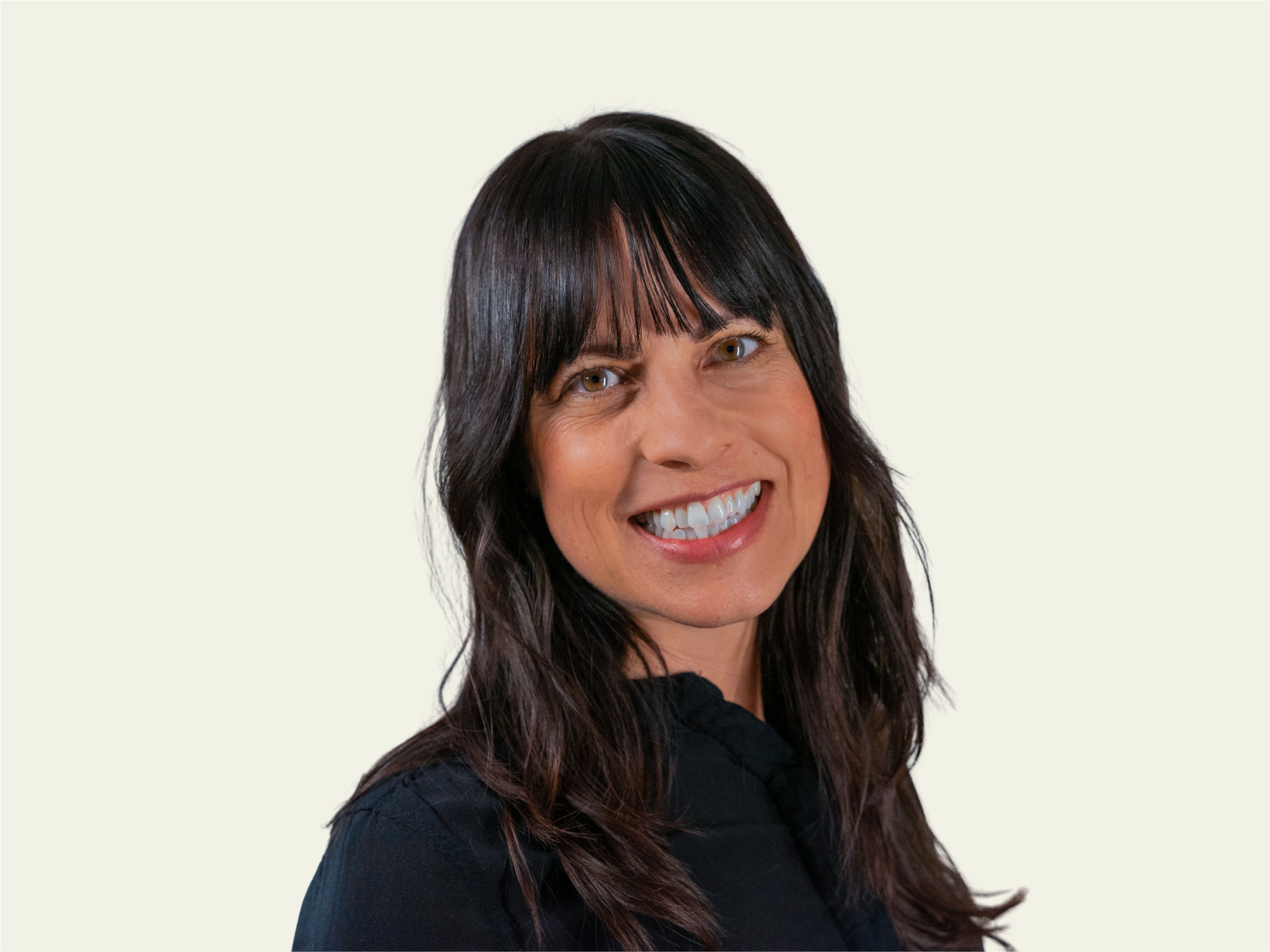 Joy Malik-Hasbrook, Psy.D. is a licensed clinical psychologist who has dedicated the past 15 years to supporting children and families. She specializes in supervision and training, comprehensive neurodevelopmental/psychological assessment, and parenting support. She utilizes a nervous system regulation and resiliency approach. She is biracial of South Asian Indian/white descent and she integrates Asian contemplative practices and contemporary psychology. Joy Malik-Hasbrook, Psy.D. is a licensed clinical psychologist who has dedicated the past 15 years to supporting children and families. She specializes in supervision and training, comprehensive neurodevelopmental/psychological assessment, and parenting support. She utilizes a nervous system regulation and resiliency approach. She is biracial of South Asian Indian/white descent and she integrates Asian contemplative practices and contemporary psychology.
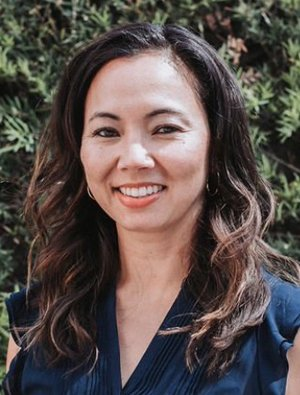
Maia Jamadi, Ph.D. is a licensed clinical psychologist. She has trained in various mental health clinics and hospitals working with diverse populations in both clinical treatment and research capacities. She is the Director of the Doctoral Training in Maple Counseling and provides individual therapy and psychological evaluations. She is passionate about diversity and culture and understanding each individual’s unique story.
Facing Climate Change: Clinical Issues for Clients and Therapists Course Level: Intermediate
Eighty percent of the public report experiencing distress about climate change. An increasing number of clients will be bringing climate concerns into therapy. Two salient issues will be explored: client (and therapist) tasks of mourning, and common counter transferences evoked by this complex topic.
Attendees will be able to:
1. List at least one of the APA Climate Change task force recommendations relevant to clinical psychologists.
2. Describe four tasks of climate-evoked mourning for therapist and client.
3. Identify three common countertransference reactions when climate concerns enter the therapy room.
Outline:
- Three minute opening intro by LACPA rep
- 10 to 15 minute intro: rising prevalence of climate anxiety, grief, PTSD, and nihilistic depressive distress in the US population as direct consequences of climate change are impact greater numbers of people (e.g., wildfires, flooding, drought, snow in new areas, animal-human interactions in urban areas, zoonotic pandemic diseases); rising numbers and expected future increase of patients seeking help with these issues; APA task force recommendations for psychologist preparation to meet these needs; current estimates of percentage of mental health professionals trained in climate aware psychotherapy, brief overview of the expansive, semester-worthy arena of eco-psychology issues and interventions, of which this presentation includes two key areas. Handouts will be provided on resources for the larger arena.
- 40 min Common Counter-transferences When Working with Climate Distressed Patients
The denial-reassurance-nihilism continuum
Responding to politically antagonistic discussions
When patient climate anxiety is contagious
- 40 min Grief, Mourning and Hope
Distinctive characteristics of climate grief
Identifying the tasks of mourning climate change
Providing the safe space for this unique loss.
- 20 min Q & A
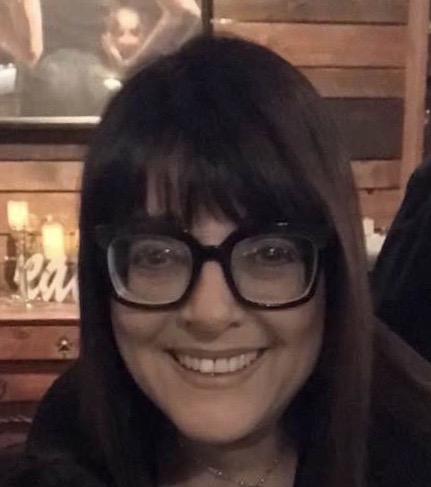
Debra S. Borys, Ph.D., FABPS, received her clinical psychology doctorate from UCLA in 1988. In private practice for 32 years, she specializes in treating and providing expert witness consultation regarding reactions to disaster & trauma; health psychology; and psychologist ethics/standards of practice. She is a member of the LACPA Ethics Committee and co-chair, with Pamela McCrory, PhD, of the LACPA EcoPsychology SIG.
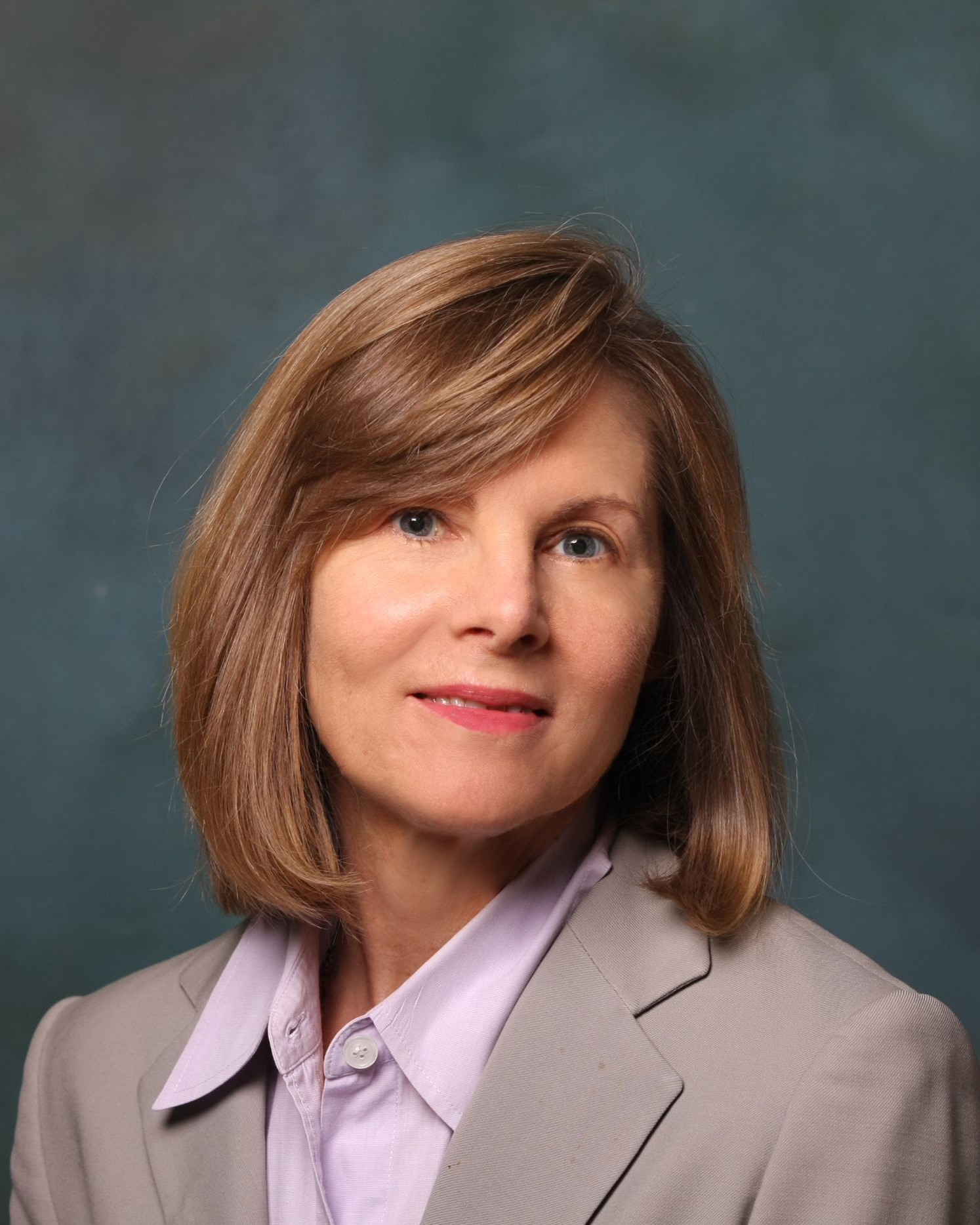
Pamela J. McCrory, Ph.D., is a psychologist practicing in Calabasas for 32 years. She served as a faculty member at California State University, Northridge and as Assistant Clinical Professor, UCLA School of Medicine. She is Past-President of LACPA and co- founder of the Mirrors of the Mind Gallery and co-leader of the Ecopsychology Special Interest Group.
Session II
2.0 CE Credits for all courses
11:00 a.m. – 1:00 p.m. PT
Untapped powers of boundary crossings and therapist self-disclosure Course Level: Advanced
Most training programs in our disciplines teach those entering the field to be scrupulously cautious about boundary crossings and therapist self-disclosure. The default that is learned, therefore, is to avoid any reaction to the client in either of these domains of possible responses. But is this always the best plan?
Attendees will be able to:
1. Select useful self disclosure themes to advance the working alliance with particular clients.
2. Select some useful boundary crossing move that is not a boundary violation when doing so could be helpful for advancing the working alliance.
3. Analyze the potency of "empirically validated treatments" through enhanced understanding of how the label is assigned in real world research practice.
Outline:
Attendees may interrupt at any time to ask questions or to make pertinant comments.
3' - Introduction
12' - How psychotherapy became a "health care profession" and the negative consequences of that political choice.
15' - How does any "intervention plan" become "a valued empirically validated tool," and why the emperor has no new clothes on.
10' - The impact of insurance company reimbursement protocols and risk managers' warnings on deforming the delivery of effective practice.
20' - The case of D. Explorations of significant boundary crossings and their rationales to warding off deepening depression and the real possible entry into death.
20' - The case of R, a young client tormented by bulimia, and the successful treatment created via boundary crossings.
15' - The important usage of two episodes of self-disclosure with a couple stuck in useless and self-defeating forms of conflict resolution.
20' - Transforming the terrifying working sessions with B via my decision to engage in radical self-disclosure.
5 - Summing up and closing remarks.
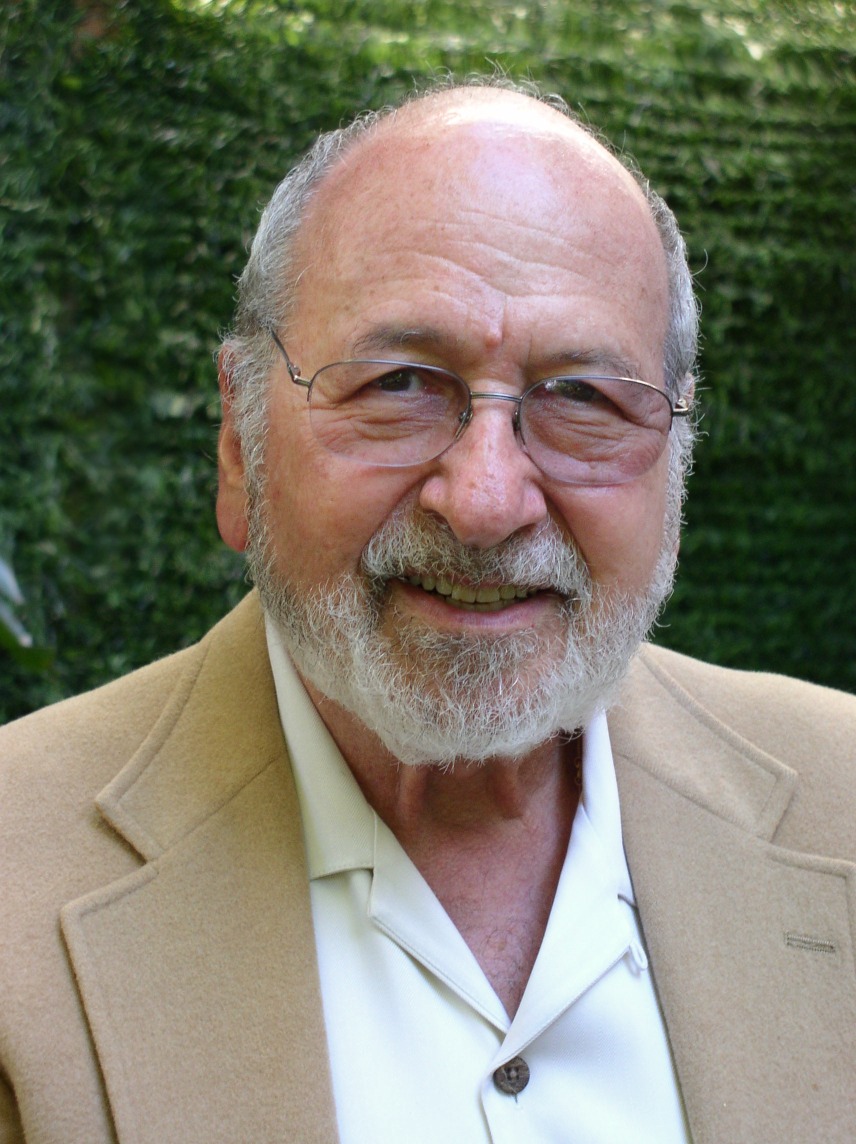
Arthur L. Kovacs, Ph.D., has been in independent practice for more than 65 years now. In addition, he is Founding Campus Dean Emeritus and Distinguished Professor (CSPP Los Angeles). In his roles, he has made a variety of contributions to the creation and maintenance of our profession, working with more than 3500 clients and teaching and/or supervising more than 1500 graduate students.
An Introduction to Neuromodulation Course Level: Intermediate
This talk will cover the most common (non-invasive) medical interventions for psychological disease, Transcranial Magnetic Stimulation (TMS), and Electroconvulsive Therapy (ECT). Referral indications, contraindications, hypothesized mechanisms of action, safety data, as well as short- and long-term efficacy results for a variety of mental disorders will be covered.
Attendees will be able to:
1. Name the most common indication for these procedures.
2. Provide a typical range for the duration of TMS effect.
3. List 2 predictors of ECT response.
Outline:
TMS lecture: Sections are divided in to 10 minute intervals. Section one will include TMS origin (2), theoretical mechanism of action (2) and review of neuroimaging data on TMS effects on brain function (6). Section two will include TMS indications (2),TMS contraindications (2) and administration (6). Section three will include review of adult efficacy studies (10). Section four will include review of efficacy studies in special populations: pediatric (2), elderly (2), post stroke depression (2) and pregnancy and post-partum (4). Section five will include review of safety data with discussion of seizure (5) and other side effects (5). Ten minutes alloted for Q&A.
ECT lecture: Section one will include ECT origin (2), theoretical mechanism of action (2) and review of neuroimaging data on ECT effects on brain function (6). Section two will include ECT indications (2),ECT contraindications (2) and administration (6). Section three will include review of adult efficacy studies (10), pediatric efficacy studies (2) and pregnancy/post partum studies (2). Section four will include review of predictors of response (8). Section five will include review of safety data (8). Ten minutes alloted for Q&A.
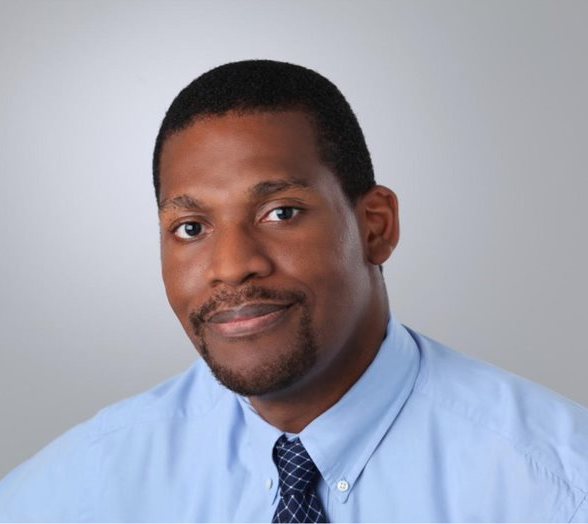 Kenneth Etefia, M.D., is the CEO of Renaissance Behavioral Medicine, a pediatric and adult psychiatry practice with offices in Beverly Hills and San Mateo. Dr. Etefia is a graduate of Princeton University where he studied Operations Research and Financial Engineering, the Icahn School of Medicine at Mount Sinai Hospital NYC, and Stanford Medical School's Adult and Child Psychiatry training programs. His experiences in medicine have included performing clinical research on pediatric ADHD and serving as Vice Chairman of Psychiatry at Marin General Hospital in Greenbrae, CA, and as a Medical Director in the Department of Behavioral Health in Contra Costa County. Kenneth Etefia, M.D., is the CEO of Renaissance Behavioral Medicine, a pediatric and adult psychiatry practice with offices in Beverly Hills and San Mateo. Dr. Etefia is a graduate of Princeton University where he studied Operations Research and Financial Engineering, the Icahn School of Medicine at Mount Sinai Hospital NYC, and Stanford Medical School's Adult and Child Psychiatry training programs. His experiences in medicine have included performing clinical research on pediatric ADHD and serving as Vice Chairman of Psychiatry at Marin General Hospital in Greenbrae, CA, and as a Medical Director in the Department of Behavioral Health in Contra Costa County.
How #StopAsianHate impacts Chinese Americans’ Mental Health Course Level: Intermediate
Negative attitudes/violence toward Asian Americans peaked during the pandemic of COVID-19. Most of such actions are due to ethnocentric values/cultures which could be a result of non-awareness of other’s historical and cultural perspectives. Understanding these perspectives of Asian Americans can help us provide better healthcare for this population.
Attendees will be able to:
1) discuss and compare experiences pre-pandemic (before 2020) of attitudes of AAPI populations
2) discuss and compare experiences current (after 2022) attitudes of AAPI populations
3) identify barriers to care for AAPI populations
4) assess resources to better prepare clinicians to serve their AAPI populations
Outline:
- Introduction by LACPA representative (5 mins)
- Introduction of presentation and speakers (10 mins)
- Diversity in the AAPI diaspora (20 mins)
- Barriers to care: data, access, and stigma (25 mins)
- Generational perspectives/attitudes toward mental health among between older and younger Chinese/AsianAmericans and AAPI populations in America (25 mins)
- Pursuing health equity through community empowerment (10 mins)
- Conclusion (5 mins)
- Q & A (20 mins)
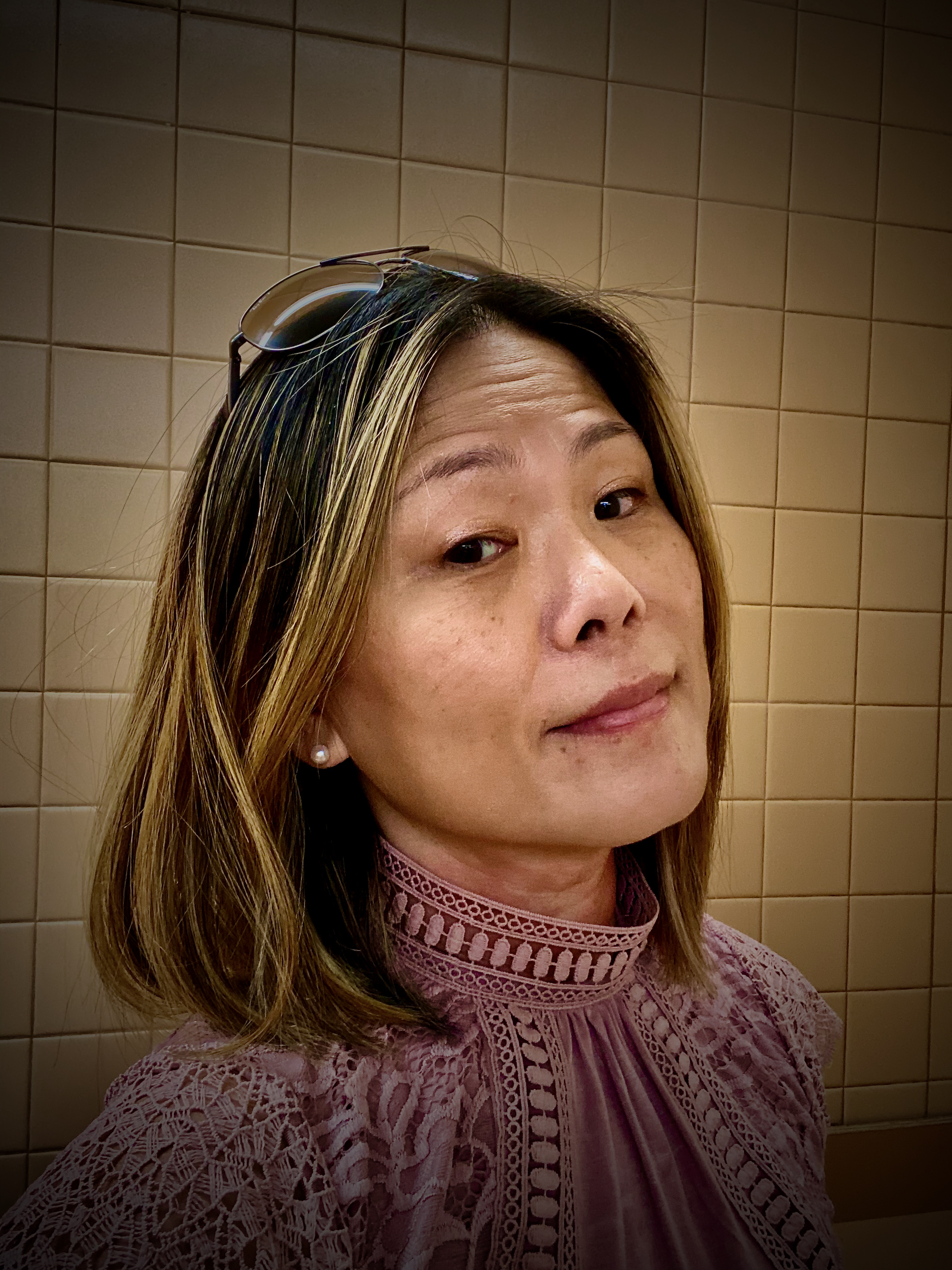
Joanne Kwoh, Ph.D. (she/her) is the interim chair and associate professor of psychology at the University of the West in Rosemead, CA. She is also a registered psychological associate with The Scheiner Group, and a consultant to YWCA San Gabriel Valley, providing outreach and advocacy for older adults through facilitating regular mental health workshops in both English and Chinese Mandarin. Dr. Kwoh has over 14 years of teaching experience and is a member of the FreeMomHugs SoCal Chapter since 2019. She emigrated from Singapore in 2003, and has lived in North Carolina and Mississippi before moving to California in 2018. Dr. Kwoh speaks fluent English, Chinese Mandarin, and multiple Chinese dialects. She regularly presents on Asian Heritage and Senior Mental Healthcare, and is also a certified yoga instructor.
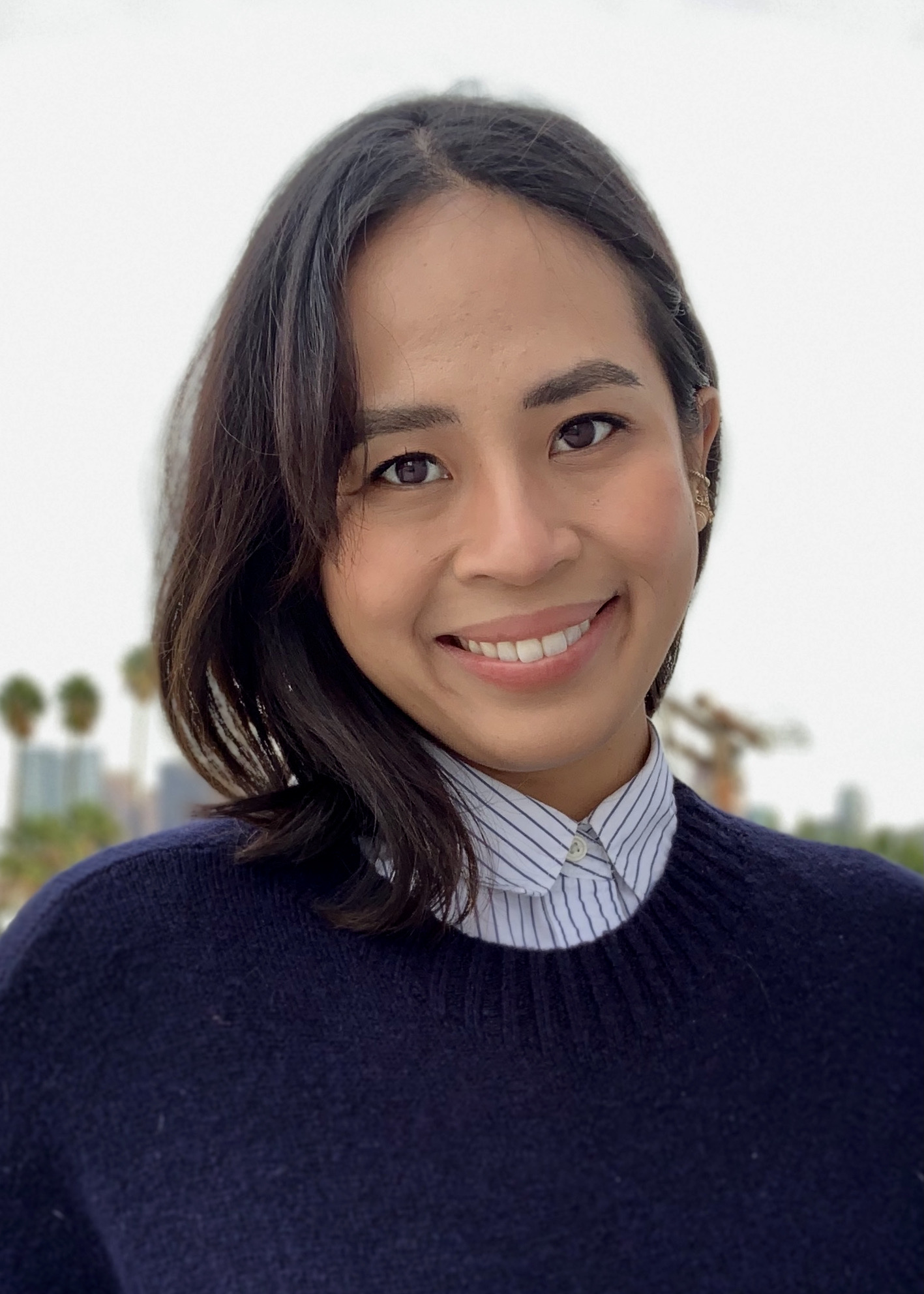 Marielle A. Reataza, M.D., M.S. (she/siya) serves as the Executive Director at the National Asian Pacific American Families Against Substance Abuse (NAPAFASA), based in Alhambra,California. Dr. Reataza has over 14 years of experience as a community organizer, integrating her lived experiences as a 1.5-generation immigrant from the Philippines with her background in education, healthcare, and health policy and law to develop and implement interdisciplinary approaches to SUD prevention and early intervention. Dr. Reataza holds a BS in Biochemistry and Molecular Biology from UC Irvine; an MD from UC Irvine School of Medicine; and a MS in Health Policy and Law from UCSF-UC Hastings. Dr. Reataza recently had the honor of testifying in front of the U.S. House of Representatives Ways and Means Committee on substance use, suicide risk, and the American health system and is a recipient of the 2022 UCSF Early Career Achievement Award. Dr. Reataza has native fluency in Tagalog and speaks basic Spanish. Marielle A. Reataza, M.D., M.S. (she/siya) serves as the Executive Director at the National Asian Pacific American Families Against Substance Abuse (NAPAFASA), based in Alhambra,California. Dr. Reataza has over 14 years of experience as a community organizer, integrating her lived experiences as a 1.5-generation immigrant from the Philippines with her background in education, healthcare, and health policy and law to develop and implement interdisciplinary approaches to SUD prevention and early intervention. Dr. Reataza holds a BS in Biochemistry and Molecular Biology from UC Irvine; an MD from UC Irvine School of Medicine; and a MS in Health Policy and Law from UCSF-UC Hastings. Dr. Reataza recently had the honor of testifying in front of the U.S. House of Representatives Ways and Means Committee on substance use, suicide risk, and the American health system and is a recipient of the 2022 UCSF Early Career Achievement Award. Dr. Reataza has native fluency in Tagalog and speaks basic Spanish.
Performing the Improvisational Life - Course Level: Intermediate
Creating Resilience Within the Therapeutic Alliance
A persistent need and desire within the Therapeutic Alliance is for accessing psycho-biographical creativity by lowering the barriers to changing the performance of one’s self-concept in difficult situations. Improv and collaborative play have been developed into a transformative practice in many settings by our presenters Dr. Kirsten Frantzich, Mary DeMichele and Mai Breech. Each has developed new multi-disciplinary and multi-modal practices that organize the therapeutic interaction to facilitate the client’s access to creative play.
Attendees will be able to:
1. Describe and perform 3 different strategies to invite and activate improvisation and play in client’s engagements within their style hosting and holding the therapeutic alliance with clients
2. Explain and discuss the ways performative and enactive through-body aspects of improvisation and play activate and bridge parts the client’s person that is held back by their psychological difficulties.
3. Compare and critique how improvisation and creative play based therapy mobilize the psychobiographcial agency and build resilience in the client.
Outline:
- Opening introduction by a LACPA representative - 3 minutes
- Concept of Panel and Need for Enactive & Performative modes of therapy in our repertoire - by Alok Srivastava (Moderator) - 5 minutes
- Each Panelists describes and introduces their mode of therapy and includes illustration of a clinical session - 3 x (10 minutes of presnetation + 5 minutes of questions) for each. Total of 45 minutes.
- BREAK for 5 minutes - stretch, etc.
- Moderated discussion between panelists with Audience participation - 5 themes will be discussed, each for 10 minutes. Total of 50 minutes
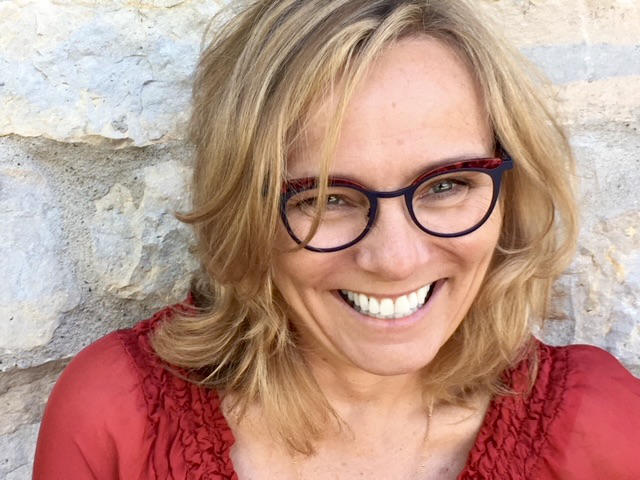
Kirsten Frantzich, Ph.D. is a Juilliard-trained actor and Ph.D. in depth psychology in Santa Monica. She unites performance, nature, and depth psychology in her practice of Embodied Theater Ecology. Her experience as a performer revolutionized her own understanding of what human transformation could be. Alive, spontaneous, radical, and life-altering.
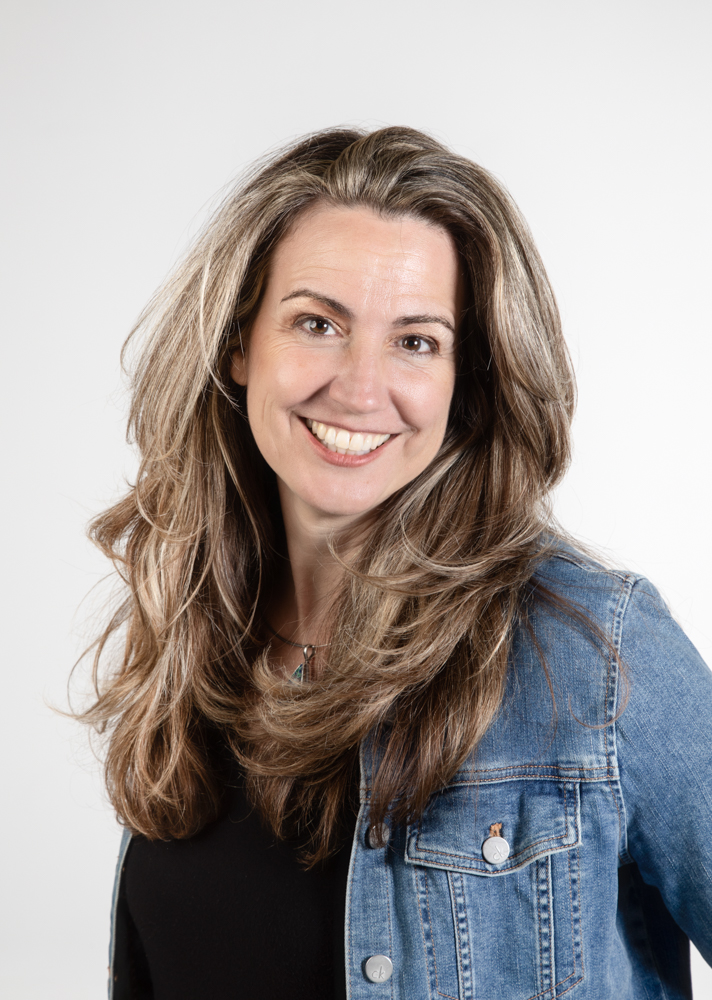
Mary DeMichele, MSSc, makes improv and all its benefits accessible by teaching individuals & groups a research-based and trauma- informed approach to play, teach and apply improv, so they can better engage in learning, healing and life.
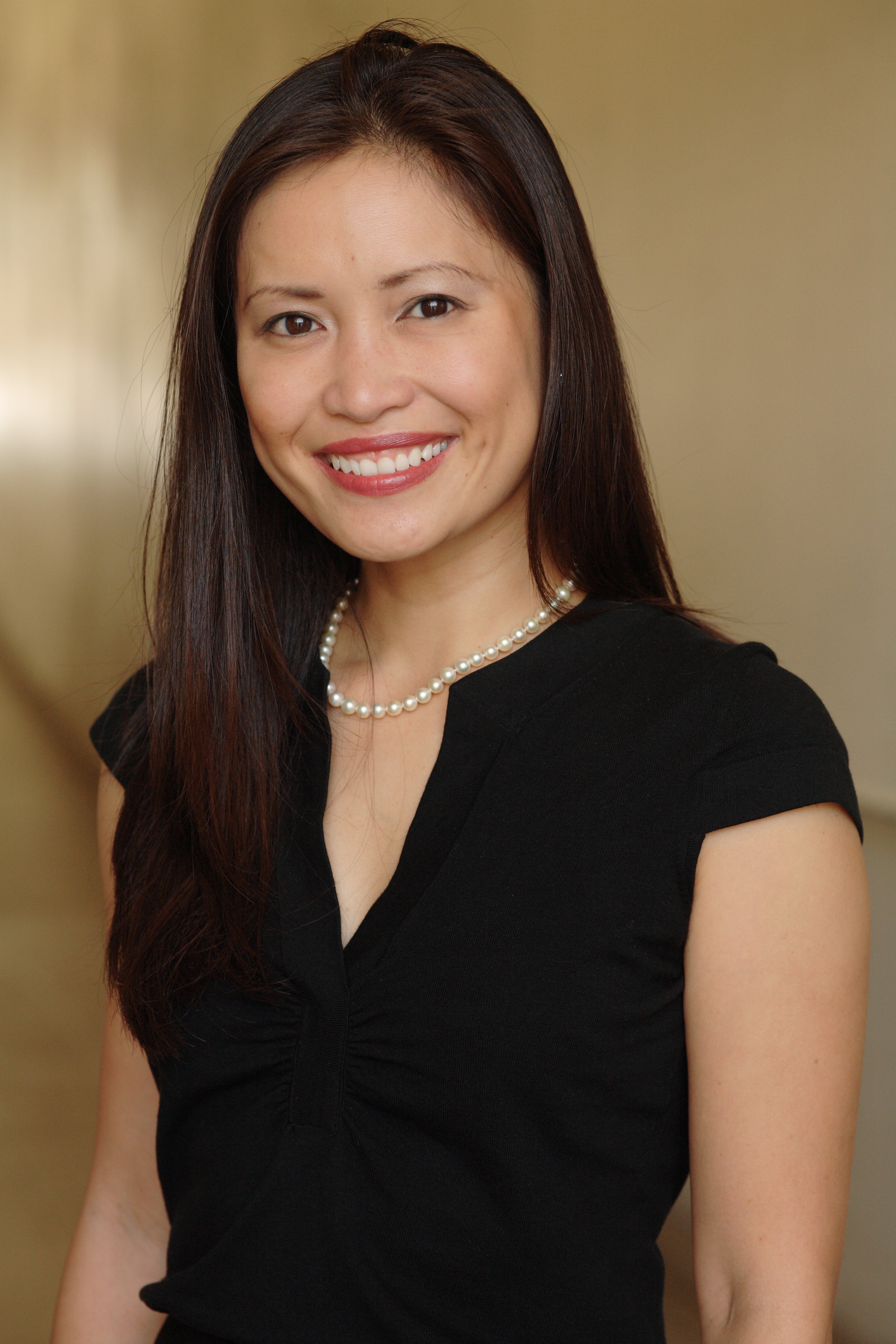
Mai Breech, Psy.D., is a therapist, lecturer, and artist. Her main area of therapeutic focus and research has been on childhood developmental trauma. Mai has been a mandala artist for over 17 years. She is currently in private practice working with children and adults in Los Angeles. She completed her pre- and post-doctoral clinical work at the C.G. Jung Institute of Los Angeles. In addition, Mai was supervised as a Reiss-Davis Fellow, working with children from a psychodynamic perspective. Mai received her Psy.D. from Pacifica Graduate Institute.
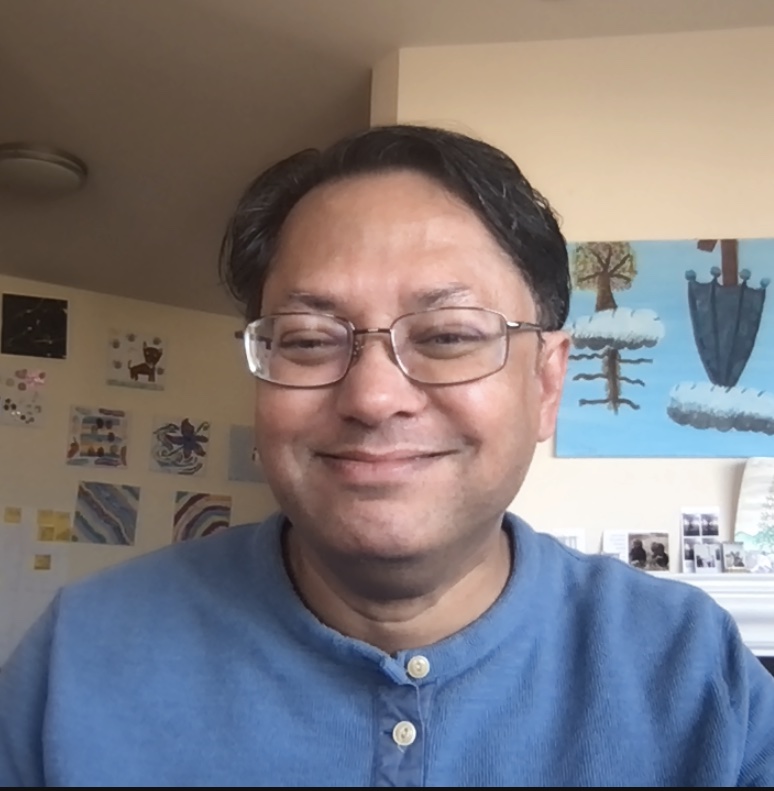
Alok Srivastava, Ph.D., works in Philosophy, History and Sociology of Science and in Science, Technology Society Studies. He is bringing the non-visual or ‘contactual’ sense experiences into linguistic and discursive studies of communities of practice such as chemistry, biology, somatics and psychology. Alok is also co-founder and director of programs at Playful Dyads a platform for bringing workshops and trainings in multi-disciplinary and multi-modal Psychotherapies to the worldwide community of therapists.
|












 Marielle A.
Marielle A. 

